Cape Town isn’t just a scenic paradise; it's a global wine haven that attracts oenophiles from around the world. On a sunny day in October, Therese met with Le Roi van de Vyver to learn more about the life of a sommelier.
Where Giants Roam
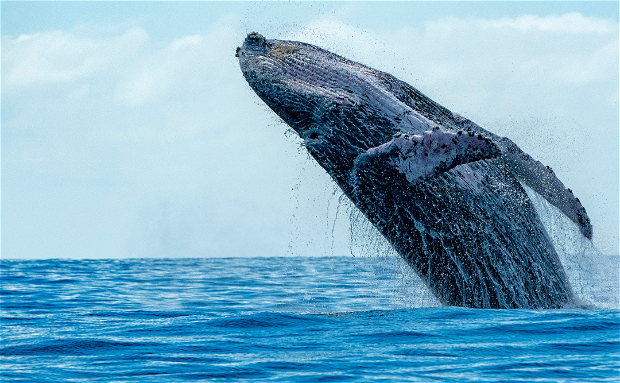
Early June to the end of November is whale season in the Western Cape. This is a spectacular event that attracts visitors from around the globe, hoping to catch a glimpse of these gentle giants in their natural habitat. The peak viewing months are between July and October, when the cool, nutrient-rich waters of the Atlantic and Indian Oceans provide the perfect environment for these magnificent creatures. Pack your binoculars and get ready for a majestic marine experience!
Types of Whales to Look Out For
Southern Right Whales: These whales are the most frequently spotted during the season. Known for their distinctive callosities (rough patches of skin) on their heads, Southern Right Whales often come very close to shore, offering incredible viewing opportunities.
Humpback Whales: Famous for their acrobatic breaches and complex songs, Humpback Whales migrate along the coast and are often seen during the season. Though they are enormous, humpback whales are not predatory. They filter feed for tiny krill or small pelagic fishes and are totally harmless to people. These whales grow up to 60 feet (18.3 m) long and weigh around 80,000 pounds (36.3 metric tonnes). They live a graceful life and can grow as old as 90 years.
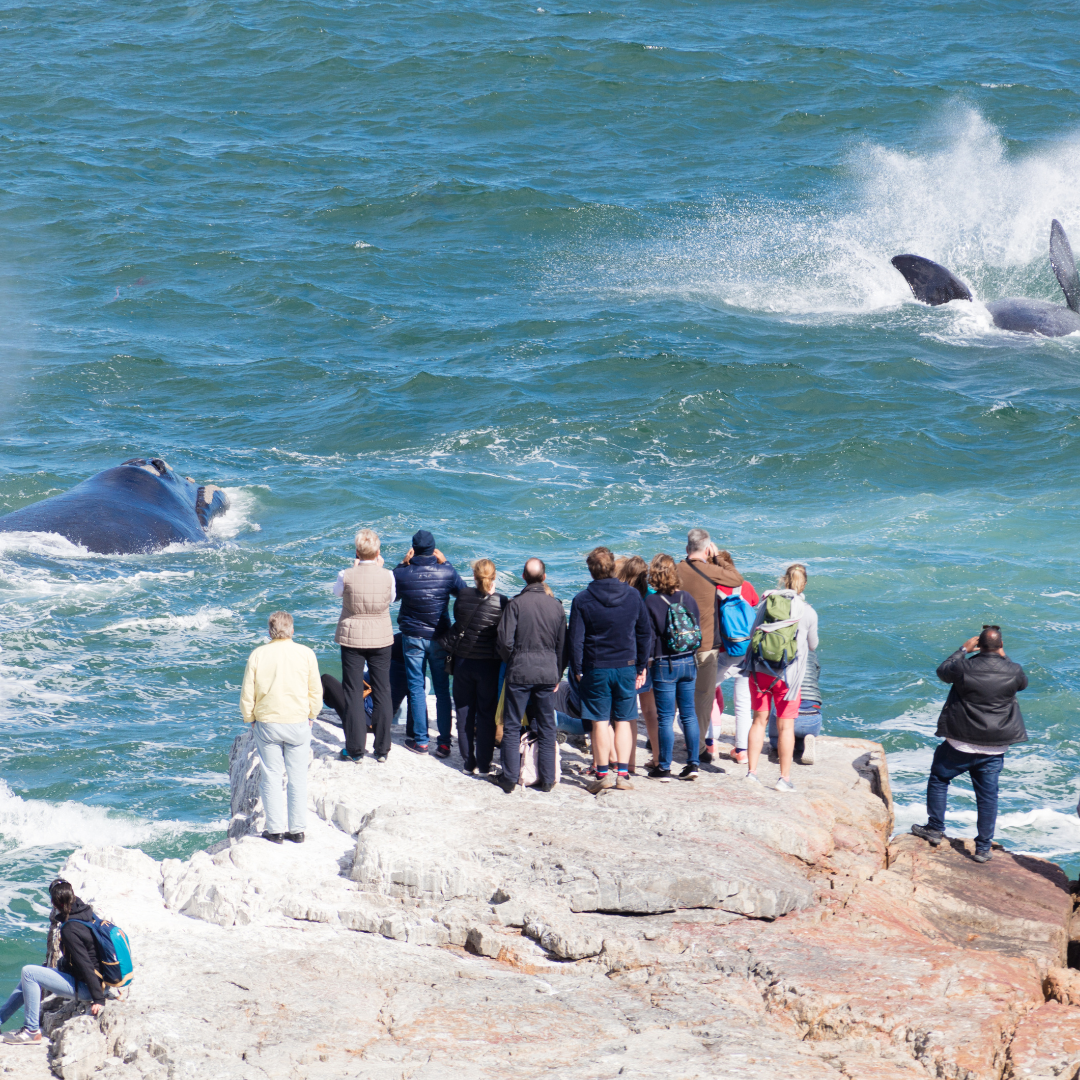 Whale Watching from the Cliff Paths of Hermanus
Whale Watching from the Cliff Paths of Hermanus
Bryde’s Whales (pronounced “broodus):
Named after a Norwegian, John Bryde, who, in 1912, helped construct the first modern South African whaling factory in the early 1900s, these great whales are over 40 tonnes of sheer awesomeness. They are more elusive and tend to stay further offshore, making them less common to spot.
Best Spots for Whale Watching
Hermanus: Often dubbed the "Whale Capital of the World," Hermanus is one of the best places to see whales. The town boasts a cliff path that offers excellent land-based viewing points. For a closer encounter, boat tours are available.
De Hoop Nature Reserve: This reserve offers stunning coastal trails and vantage points for whale watching. It’s a quieter spot compared to Hermanus, making it ideal for those seeking a more tranquil experience.
False Bay: Located near Cape Town, False Bay is another fantastic location for whale watching. The scenic drive along the coastline provides numerous spots to stop and enjoy the view.
Walker Bay: This area, encompassing Hermanus and Gansbaai, is another prime whale-watching destination. The bay's calm waters are a favourite playground for whales.
Where to Stay
Whale season falls within what we call the Secret Season in Cape Town. This is a time characterised by fewer crowds, cosy wine tastings and lush tranquil landscapes. The daytime weather is mild, ranging between 15°C (59°F) and 20°C (68°F), making it comfortable for outdoor activities. At nighttime the temperatures can drop to between 7°C (45°F) and 12°C (54°F). Still not as cold as most places during Winter. As this is also rainy season here, you can expect occasional showers, but also plenty of clear, crisp days.
It brings us joy to be able to recommend the following villas for your whale watching stay:
Hoy House: This villa has a tangible feel of grand expansiveness where one feels almost part of the scenic surrounds and at the same time it is intimate enough to support and soothe body and soul, creating moments of wonder and ponder. Hoy House can accommodate 8 guests.

Cape Chestnut: A mid -twentieth century decorated double-storey home that can accommodate 9 guests. With inside and outside dining areas, this villa is perfect for multi-generational travel or groups of friends.

Pretty Belinda: A five-bedroom villa that is furnished like a five-star hotel but designed for family living. Located in a secure golf estate in Hermanus, this villa can accommodate 10 guests.
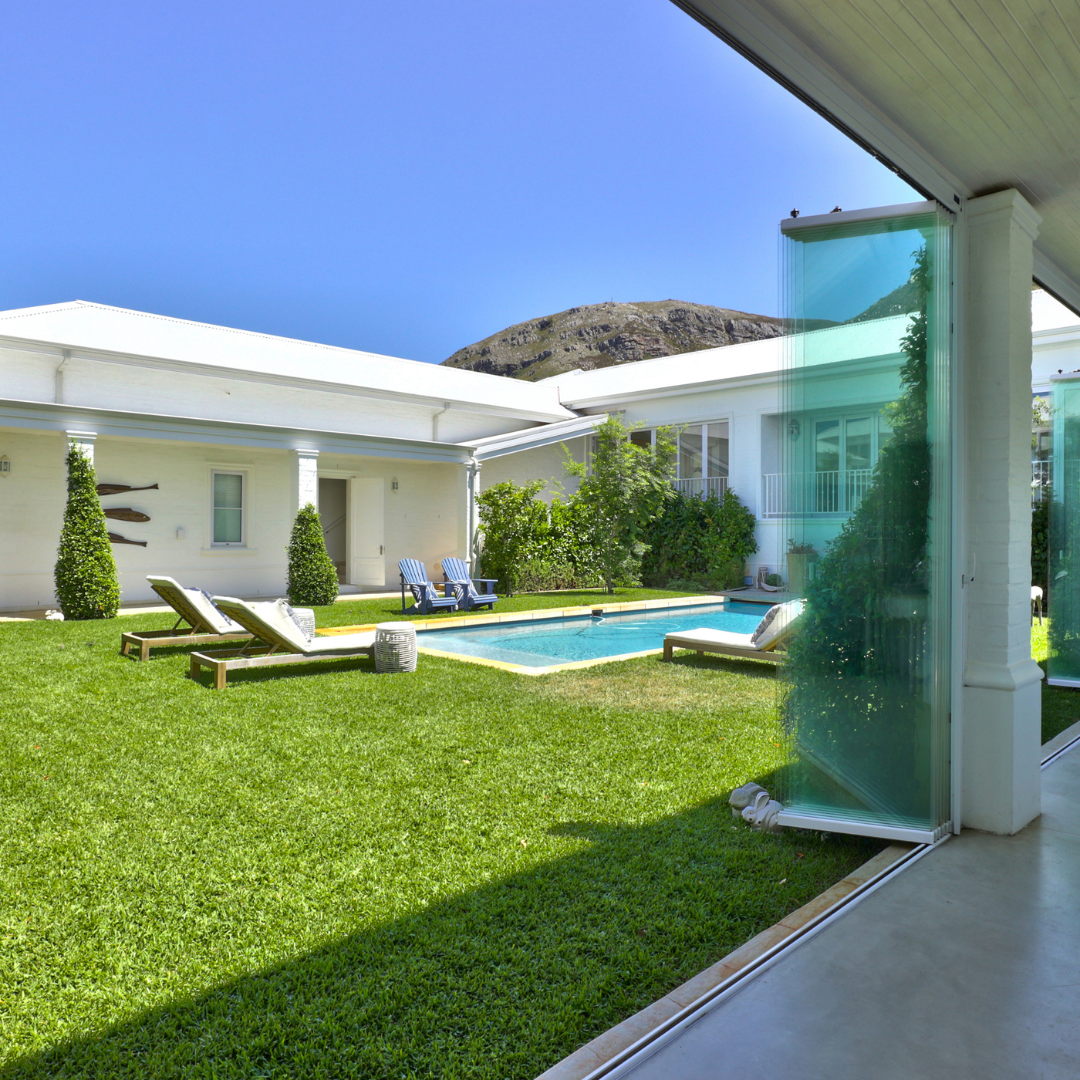
Therese’s tips for Whale Watching
The team's favourite whale watching spot is Siever's Point - a cliff path in Hermanus with heavenly views in all directions.
- Timing: Early mornings and late afternoons are often the best times for whale watching, as the ocean is usually calmer.
- Equipment: Bring binoculars for a closer view and a good camera to capture the moments.
- Clothing: Dress in layers, as the weather can change quickly along the coast.
- Guided Tours: Consider joining a guided whale-watching tour for expert insights and the best chances of spotting whales.
Plan your trip, pack your binoculars, and get ready for an extraordinary adventure in the Western Cape. Happy whale watching!
Further Reading
The words of Robyn Yong ring true: “We travel not to escape life, but for life not to escape us.” So, it is your holiday, and you’ve pressed pause on the 9-5 working day. Long lazy days of being the only master of your time stretches like an endless horizon ahead of you. Nobody can dispute the beauty of an existence where you do exactly what you want, when you want. It...
“Contemplating the teeming life of the shore, we have an uneasy sense of the communication of some universal truth that lies just beyond our grasp… the ultimate mystery of Life itself.” - Rachel Carson: Meditation on the Ocean and the Meaning of Life. The mystery and magic of our world comes alive through the lens of the photographer. Cape Town, often referred to as the Mother City, is a photographer's paradise. Dazzling...




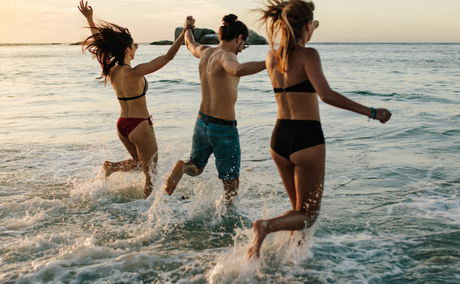
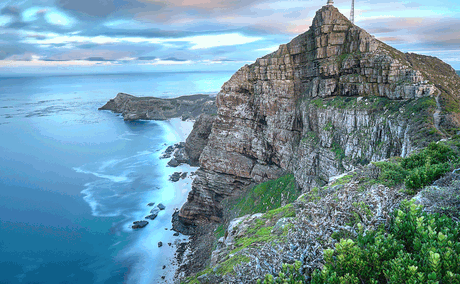
Share This Post